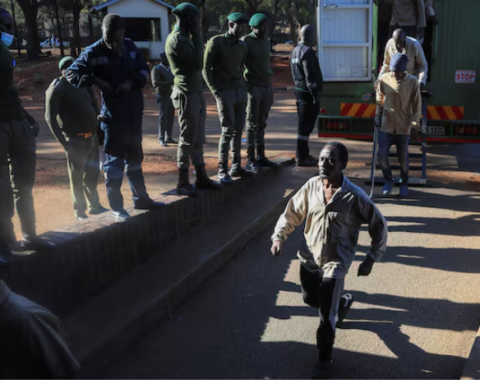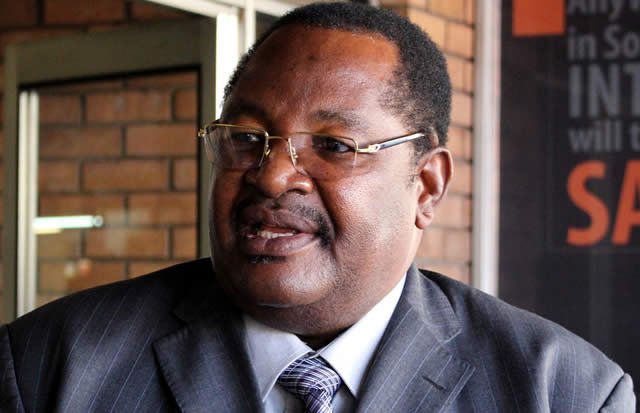In a pivotal shift within Zimbabwe’s political landscape, Job Sikhala, the former legislator for Zengeza West, has inaugurated the National Democratic Working Group (NDWG), with the ambitious goal of emancipating the populace from enduring “political chains”. This development follows Sikhala’s departure from the Citizens Coalition for Change (CCC) in February, an exit that succeeded his release from prison where he faced allegations of instigating violence after the death of an opposition political activist.
Positioned as a beacon for democratic rejuvenation, the NDWG seeks to mobilize the Zimbabwean masses towards establishing a dialogue-centric forum where aspirations and strategies for national advancement can be freely discussed. Darlington Chingwena, who leads the NDWG’s information and communication efforts, highlighted the movement’s grassroots foundation. “The NDWG is a democratic collective, rooted in the people’s will and committed to constructing a solid framework for our citizens to articulate their visions for Zimbabwe’s future,” Chingwena remarked.
Central to the NDWG’s mission is the organization of the National Democratic People’s Convention, envisioned as a pivotal gathering for collating public sentiment and proposals, potentially leading to the creation of a mass-based movement with aspirations for governmental change.
Attributing the need for the NDWG to the perceived shortcomings of existing democratic alternatives, Chingwena outlined the urgent challenges facing Zimbabweans, including rampant poverty, oppression, and the mismanagement of national resources, exacerbated by electoral manipulation and autocratic rule.
The NDWG’s inaugural session saw participation from delegates across Zimbabwe’s ten provinces and various societal sectors, reaching a consensus on immediate steps forward. A key initiative is the formation of provincial democratic working groups, set to engage a diverse array of community segments in dialogue, aiming to gather comprehensive insights on the public’s vision for the nation.
Moreover, the NDWG pledges to carry forward the legacy of Zimbabwe’s liberation struggle into a modern context of democratic engagement, emphasizing the importance of public involvement in addressing the country’s political and socio-economic challenges.
As Zimbabwe stands at a crossroads, the creation of the NDWG under Sikhala’s guidance marks a critical juncture, potentially heralding a new era of participatory democracy and governance reform in the nation.








